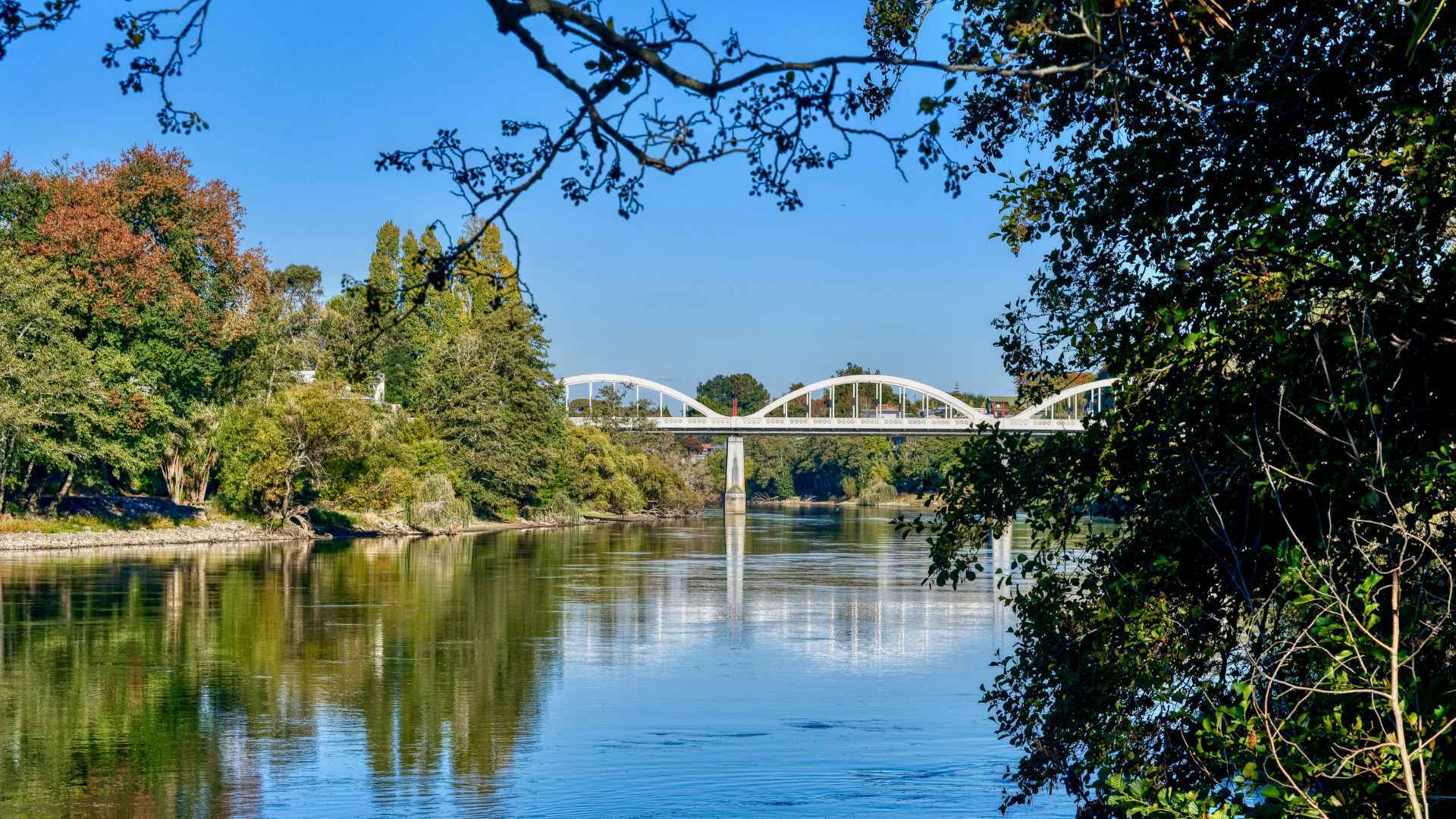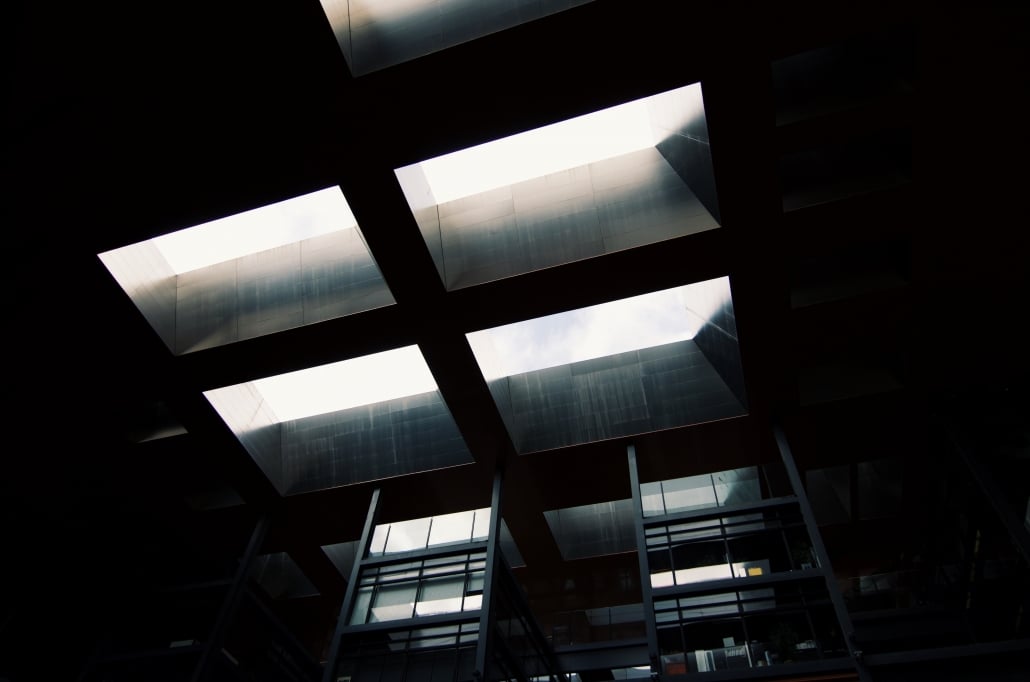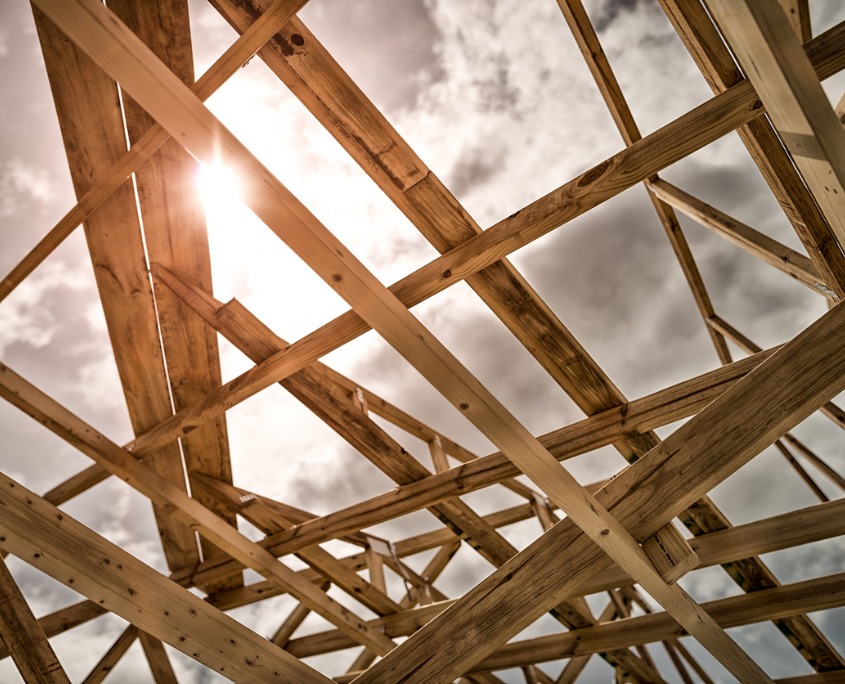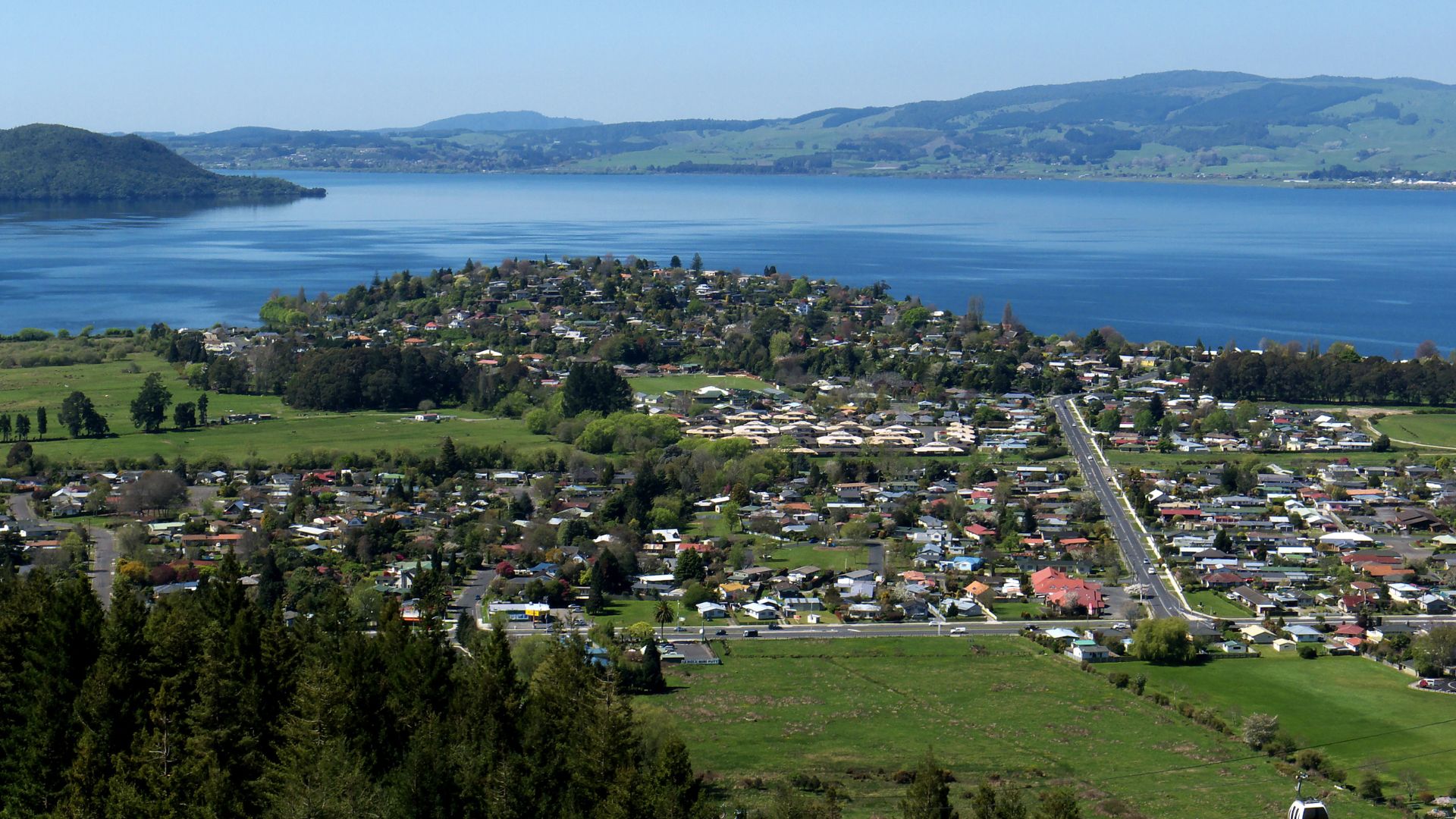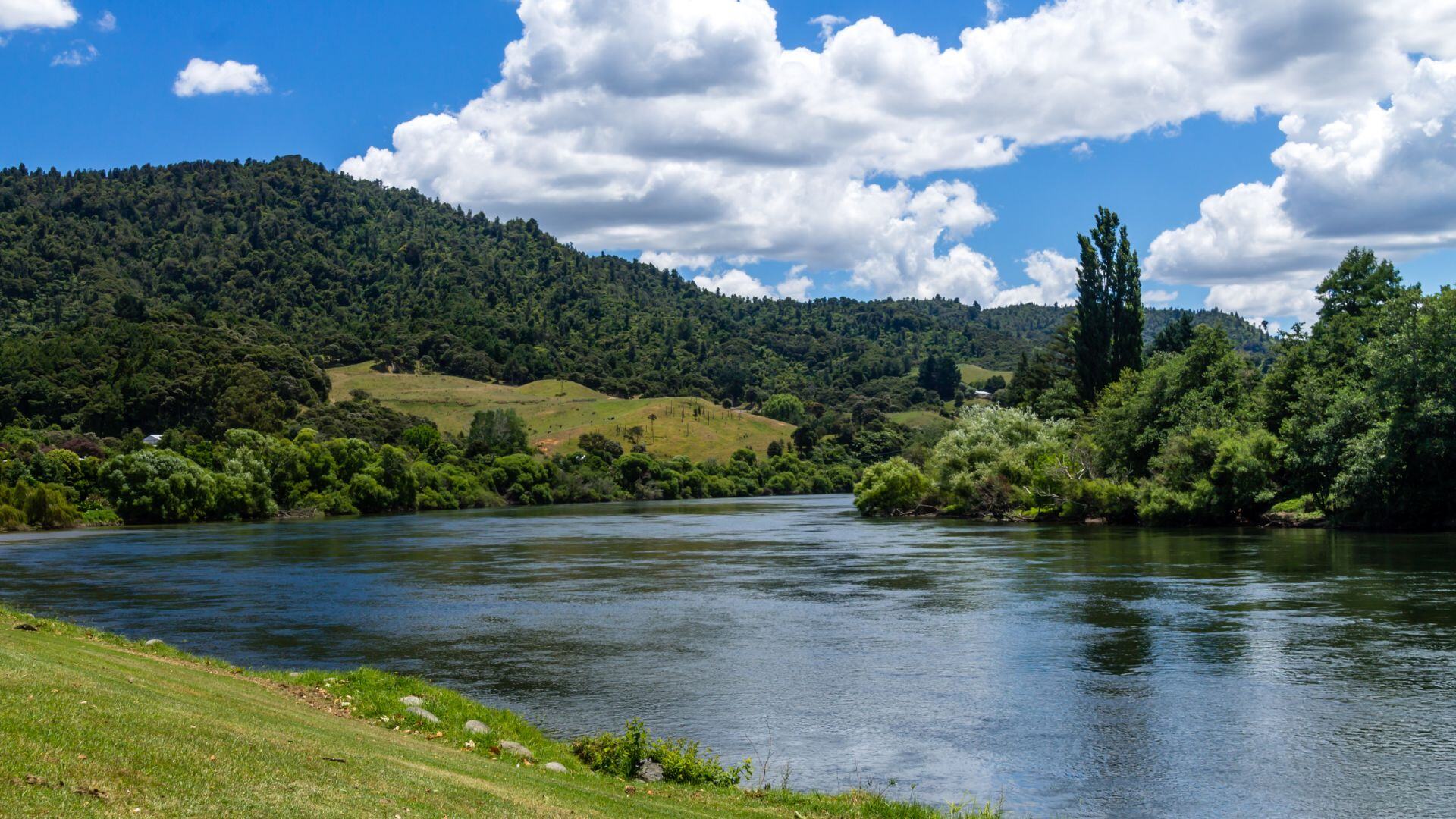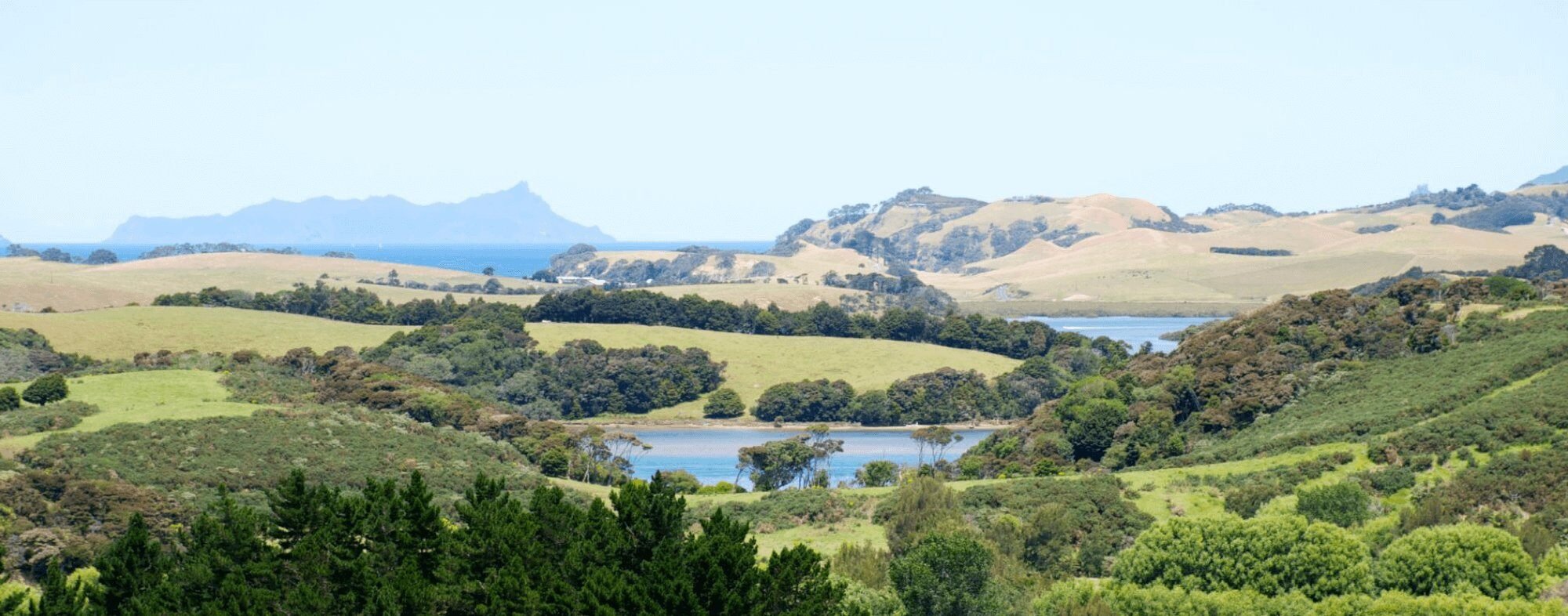Mike Hall: A Chance Career in Commercial Valuation
Press Release
.jpg)
Fresh out of university, Mike Hall was still finding his way as a property valuer when there was a knock on the door one Saturday morning. The visitor had tracked him down at home by his car registration. He wanted to know what Mike had been up to earlier that week, when he’d been spotted wandering around a development taking photos and jotting down notes.
Mike hastened to reassure him that he was a property valuer undertaking a valuation inspection and that he was not a burglar casing a joint!
The unnerving encounter wasn’t enough to deter him from his new career. Now in his 18th year in the industry, he is regional director for Opteon’s NZ commercial and industrial team.
FALLING INTO COMMERCIAL VALUATION
Hired as a property graduate in 2004 by Sheldon & Partners, the Auckland family business that later merged with Opteon, he fell into the commercial side of valuing by chance. While initially employed within the residential team, on his first day at work, the commercial director advised he was extremely busy, so suggested he assist him for a little while. He took him under his wing and Mike has never looked back.
“My father was a commercial real estate agent on the north shore so I had a good insight into how it all worked and a good sounding board, I’ve always been interested in property,” he says.
He gained registration in 2008, the year the impact of the global financial crisis started to take affect, and recalls often having to break some very bad news to many clients.
“There were often some heated discussions during that period, but we have our job to do and that is to provide an independent assessment.”
THE IMPACT OF COVID-19
The GFC unfolded gradually, but COVID-19 hit like a bomb, with a national lockdown announced within weeks of the first cases of the virus in New Zealand.
“Suddenly there was nothing happening in the market – no data, no market trends. The market just paused while everyone tried to get their heads around what was happening,” he says.
In the wake of the pandemic, a massive downturn seemed inevitable. What happened next surprised almost everyone. Property prices started rising in many sectors such as residential and industrial and they haven’t stopped.
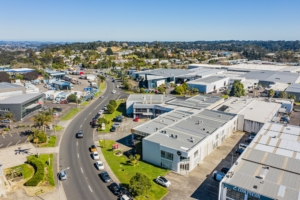 Overall, Auckland industrial property prices have risen significantly in the past year, not unlike the residential property sector. Understandably, says Mike the media don’t pay as much attention to this as they do to the residential property market. After all, a lot of New Zealanders own a house, but not many own a warehouse.
Overall, Auckland industrial property prices have risen significantly in the past year, not unlike the residential property sector. Understandably, says Mike the media don’t pay as much attention to this as they do to the residential property market. After all, a lot of New Zealanders own a house, but not many own a warehouse.
The industrial property market has generally been very strong and mirrored the rise in the residential market. Warehouses are in demand because industries such as logistics and storage sectors are all doing well, many of whom provide and essential service during Covid times. This coupled with an already limited supply.
He ascribes the property price increases partly to the low interest rate environment. Many people who thought they were going to retire and live on bank interest from their savings are now looking for an alternative investment that will deliver an income stream.
There is greater divergence in the commercial market according to location and sector. With more people working from home, some suburban shopping centres have fared better than others, as have commercial properties housing essential services such as medical activities.
But office and retail buildings in say Auckland’s CBD – traditionally part of a blue chip property portfolio – have become a more uncertain investment as no one knows if or when these activities will ever return to what they were before COVID.
Any predictions for the commercial and industrial property market over the next year?
Mike laughs. “After the last year, I’ve given up trying to predict the market.”
VALUATION NOT A DESK JOB
Despite his strategic role in the firm, he still enjoys the practice of valuing, with a focus on the North Shore of Auckland, where he grew up.
“I still like getting out and about a bit. I enjoy interacting with people and get a buzz out of providing accurate advice that helps a client make an informed decision,” he says.
“I also get a kick out of assisting with bringing through the next generation of valuers, a part of my role is training graduates.”
One big change in the profession has been the speed at which everything happens.
“The due diligence period for a property purchase used to be quite extended; these days it is often just a week so everything has to happen much more quickly.”
The technology helps, but the essence of property valuing remains the same.
“You still need to physically view a building. You still have to use all your networks to source the relevant data. A lot of data required is not publicly available for commercial and industrial property so relationships with those involved is key ,” he says.
“Every property is different. Some are unusual or highly specialised. Others might have particular issues that affect the value. Others may have particularly appealing aspects. Understanding these characteristics have become even more important in the current Covid-19 environment where the positive and negative aspects of a property have been exposed quickly in an extremely short period of time.”


